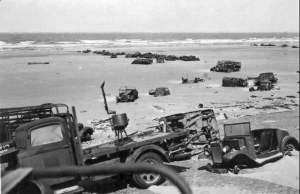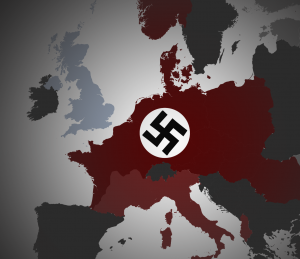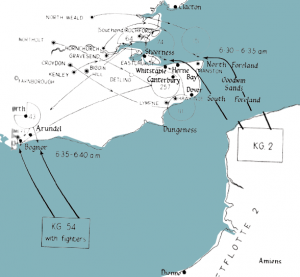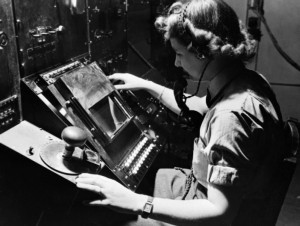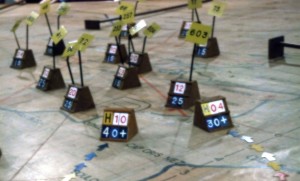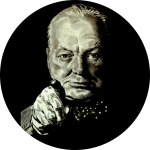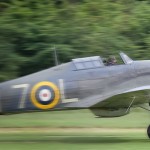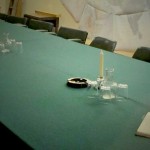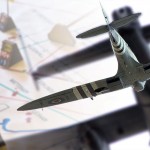What was the Battle of Britain?
On September 1, 1939 the Germans invaded Poland, launching WW2. For six months after war was declared, not much really happened. The Allies stared across the lines at the Germans in what has been called the Phoney War. Then suddenly, in April 1940, the Germans invaded Denmark and Norway. In May they began their blitzkrieg against France. Within weeks, the British and French were in retreat.
The British found themselves cut off, and retreated toDunkirk; their backs to the sea. Their army was miraculously saved by a combination of German folly and British heroism. The British pulled 300,000 men off the beach. But they were swimming for their lives. They had left their weapons and equipment on the beaches. They were alive, but they were disarmed.
Three weeks later, on May 22nd, the French surrendered. By any conventional standards war was over. The Nazis controlled continental Europe. Britain, the only resistance to Nazi tyranny, was alone, disarmed, and defenseless. Everyone expected them to surrender.
But their new Prime Minister, Winston Churchill, rallied his nation with a speech that ended in a refrain that is now famous:
“…the Battle of France is over. I expect that the Battle of Britain is about to begin. Upon this battle depends the survival of Christian civilization. Upon it depends our own British life, and the long continuity of our institutions and our Empire. The whole fury and might of the enemy must very soon be turned on us. Hitler knows that he will have to break us in this Island or lose the war. If we can stand up to him, all Europe may be free and the life of the world may move forward into broad, sunlit uplands. But if we fail, then the whole world, including the United States, including all that we have known and cared for, will sink into the abyss of a new Dark Age made more sinister, and perhaps more protracted, by the lights of perverted science. Let us therefore brace ourselves to our duties, and so bear ourselves that, if the British Empire and its Commonwealth last for a thousand years, men will still say, “This was their finest hour.”
And with those words he gave the British the voice to defy the odds and defend their island.
Why this Matters
During the Battle of Britain the British faced challenges strikingly similar to situations we face as leaders and managers today.
The British found their plans and strategies had gone completely astray. They had planned to fight an offensive war, on the continent. Instead they found themselves reacting to German actions. On the defensive. As Mike Tyson famously said, “everyone has a plan, until they get punched.” In 1940, the British had been punched. Surely we have dealt with this? Our best laid plans laid in ruins.
Defending England involved the development and use of cutting edge technology. Technology that was being implemented as it was being prototyped.
Surely, we experience this in our work…especially in the rapidly evolving technology arena. The British had to quickly process massive amounts of information to succeed. They were overwhelmed by the sheer quantity of data. Paralyzed by it. Does that sound like you and your teams?
But they processed it. They turned it into useful information. And they didn’t have computers. They used maps and blocks, and placards.
How many of us as leaders and managers don’t have the resources they think they need? So did the British. Their only defense was the Royal Air Force. And it was outnumbered 4.5 to 1.
But the British won. In the summer of 1940 they survived. The held their own and inflicted demoralizing losses on the Germans. The showed the world that the Nazi war machine was not invincible. And they did it without MBAs, PMPs, or PMI. No PMBOK to refer to, no consultants to hire. They couldn’t rebaseline when things got tough. They couldn’t slide their failures under the rug, or bury their losses in a stockholder’s report.
They succeeded because when things got tough they excelled in key principles of leadership and management.
In my research I have found hundreds of stories that illustrate these principles. That’s what this program is about. I want to share those stories with you, and foster a conversation about what lessons we can learn as leaders and managers. Through these insights I hope that you can experience “Your Finest Hour.”
If you want more historical background, start here: The Dowding System>
